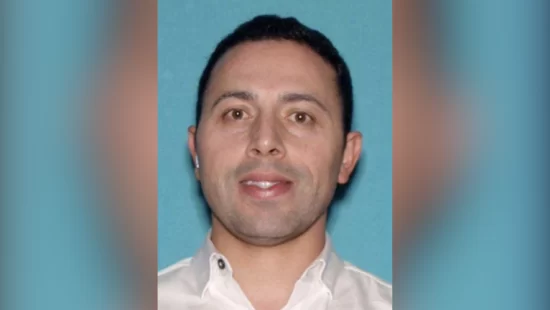Now that there’s a lot of excitement about student loan forgiveness, pay attention to the scams that are already being advertised. Many companies now seek to benefit, offering to carry out the procedures.
Be wary of calls or text messages advertising too-good-to-be-true offers to erase student debt in minutes. The Office of Federal Student Aid says you should never have to pay for help with your federal financial aid or student loans, and people should be wary of anyone asking for personal information.
The U.S. Department of Education hopes to launch an application to apply for loan forgiveness in early October. Applicants should fill out the forms before Nov. 15 and can expect relief within four to six weeks. The payment freeze on student loans is expected to be extended one last time, until Dec. 31.
Here are some tips from the U.S. Department of Education and the Better Business Bureau on how to spot a scam.
Signs of a student loan scam
The caller asks for an upfront or monthly fee for help and tries to get your credit card or bank account information.
The caller asks for your Federal Student Aid ID username or password, or for you to sign a third-party authorization form.
The call promises immediate and complete loan forgiveness or cancellation. Know that student loan relief companies do not have the ability to negotiate “special deals” with the government and payment levels are set by federal law.
The caller claims the offer is limited and requires immediate action.
The messaging contains spelling or grammatical errors.
How to stay informed
If you are working with a private lender working on behalf of the U.S. Department of Education, you can find a list of legitimate companies on their website for loan servicers and private collection agencies they work with.
The Better Business Bureau also advises people to research your specific loan and how relief impacts you before acting. Official government websites such as ED.gov or studentaid.gov are often reliable sources.
How to report a fraud and identity theft
If you suspect fraud or abuse involving federal student aid, you can make a confidential report with the Department of Education’s Federal Student Aid office.
If you’ve already shared information or paid a student loan debt relief company:
Contact your federal loan service provider to revoke any third-party authorization.
Contact your bank or credit card company to request payments be stopped.
File a complaint with the Federal Trade Commission by visiting identitytheft.gov.
More information can be found on the Department of Education’s website or by visiting st.news/StudentAidScams.








